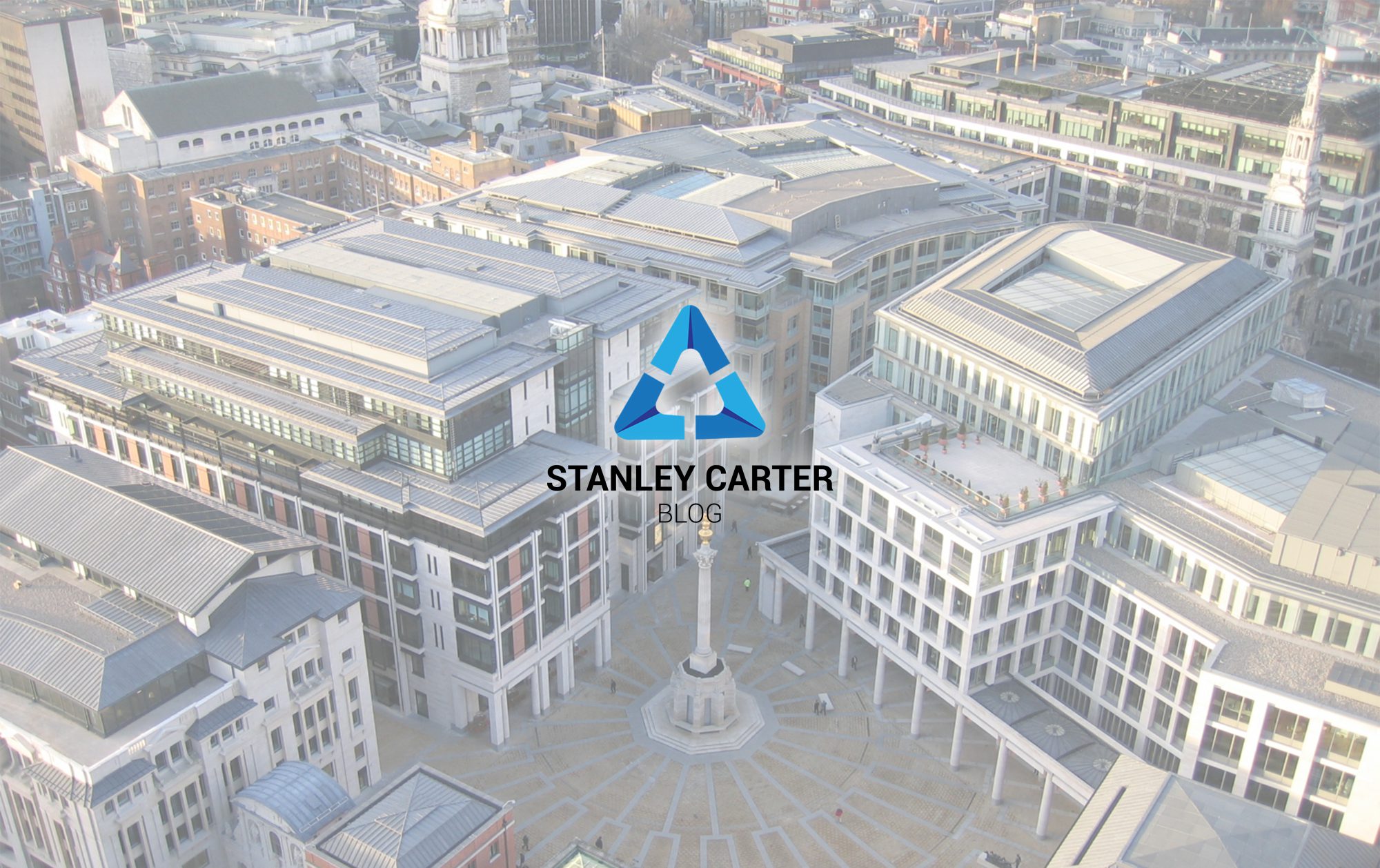The UK Financial Reporting Council (FRC) has confirmed it will launch a consultation on changes to the UK Corporate Governance Code.
Among the proposals, the watchdog said, would be the need for companies to link corporate governance to purpose, engagement with wider stakeholders, and consider how they benefit wider society.
The FRC added that it would sound out views on the future development of the UK Stewardship Code, including the extent to which the interests of wider stakeholders and broader social impacts, including environmental, social and governance factors were integrated into engagement and monitoring by investors.
The development comes after the FRC faced criticism from corporate-governance campaigners over claims that it had failed to enforce the requirements of section 172 of the Companies Act 2006.
Section 172 says company directors must not only run a successful business but must also take account of a wide number of stakeholders such as employees, its suppliers, the wider environment, and even the wider reputation of the company.
The FRC has revealed plans to conduct a series of targeted thematic reviews of company financial reports during 2019.
The audit watchdog said the reviews, which will supplement its routine oversight of financial reporting, will focus on four key areas. In its sights are smaller listed and AIM companies, revenue recognition, lease and financial instruments accounting.
The FRC said it planned to contact 40 small companies before their financial year-end and select two areas of disclosure from their upcoming reports and accounts for review.
The areas that the FRC will select for review, will be drawn from five areas that have been flagged up in recent thematic reviews or in Financial Reporting Lab reports.
The IASB has recently introduced major new standards covering revenue, leases and financial instruments.
Disclosures about the effects of Brexit are also on the FRC’s hit list.
If you have any queries about how these changes will affect your business please send us an email on info@stanleycarter.co.uk or check our website for further details www.stanleycarter.co.uk
